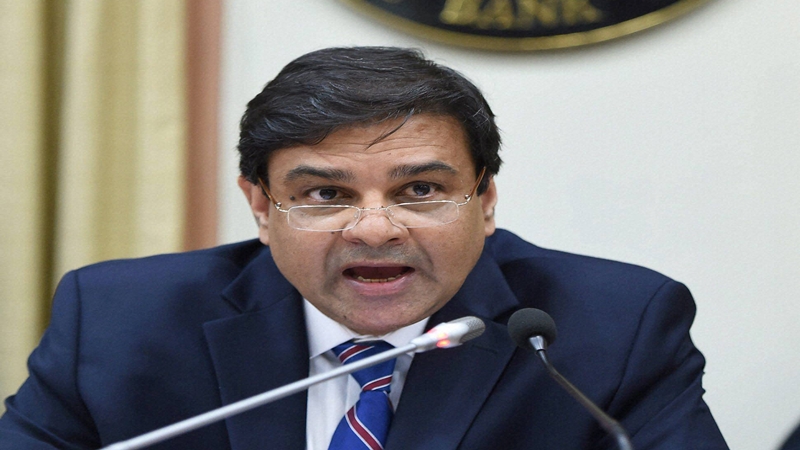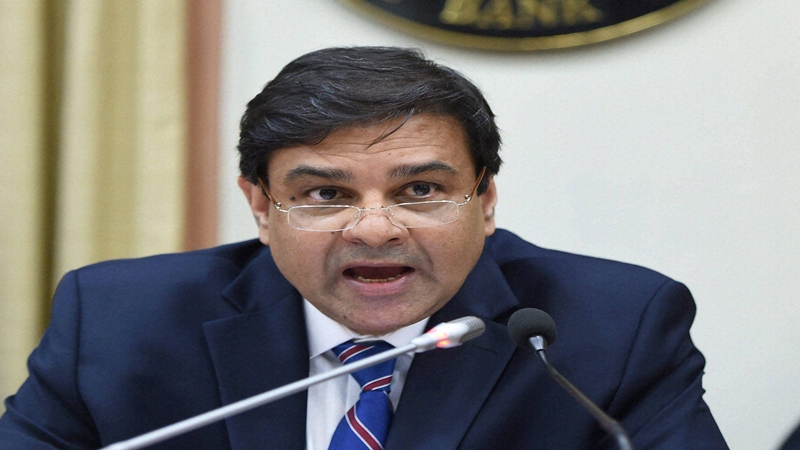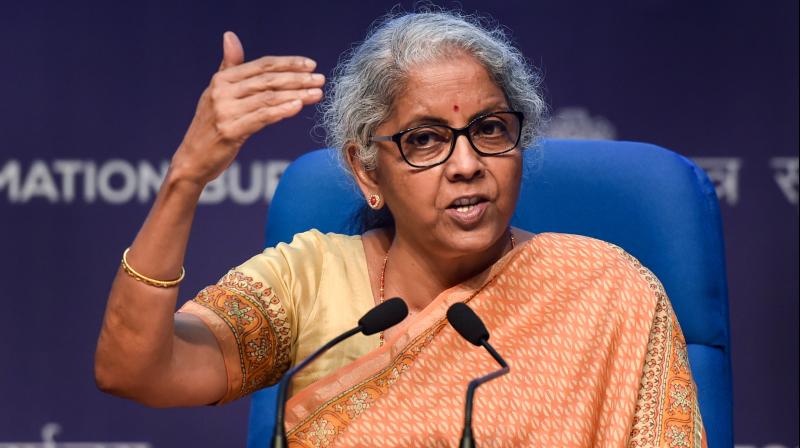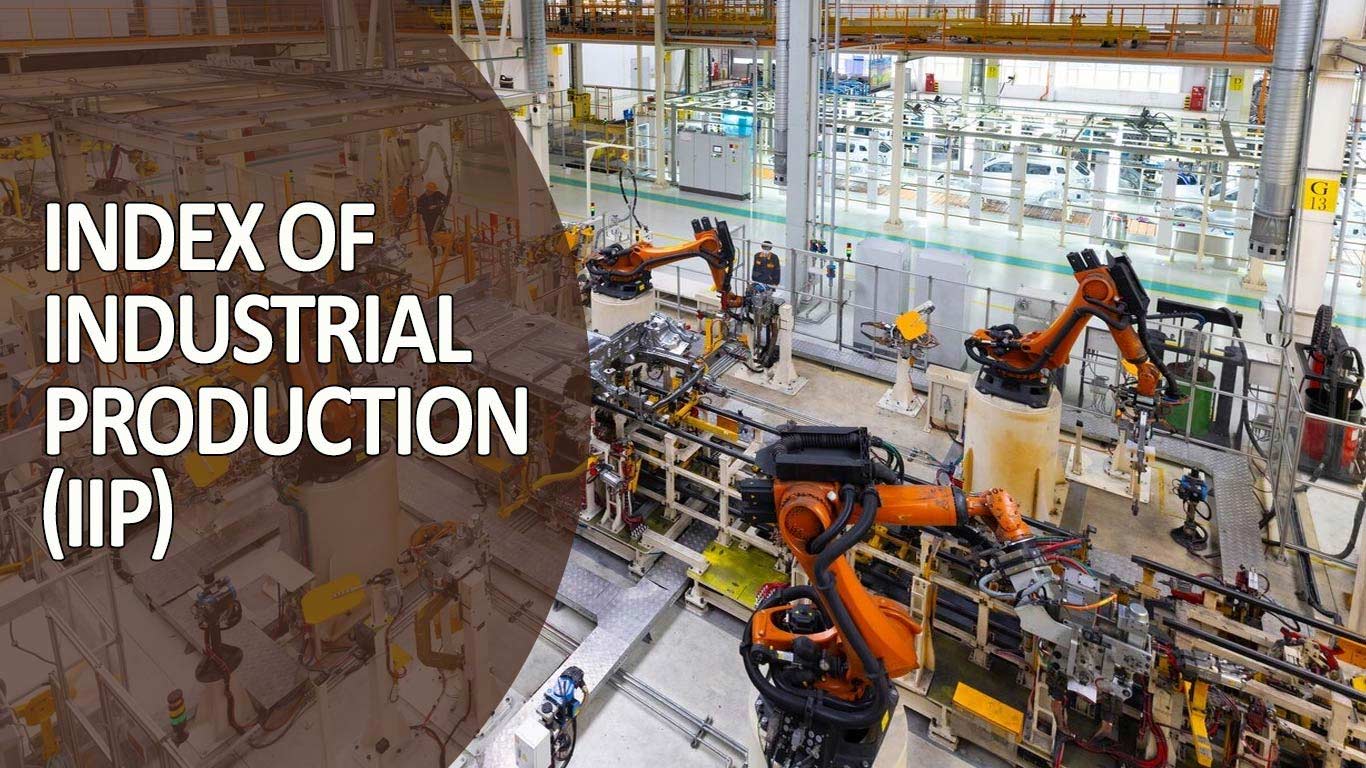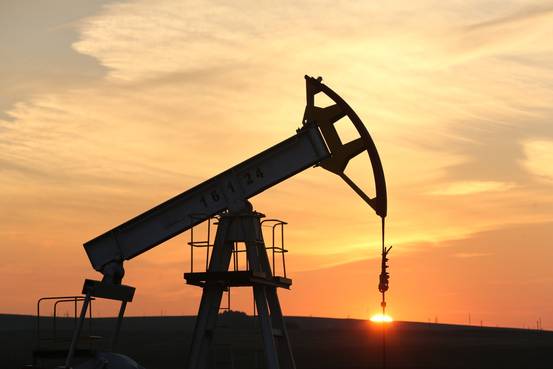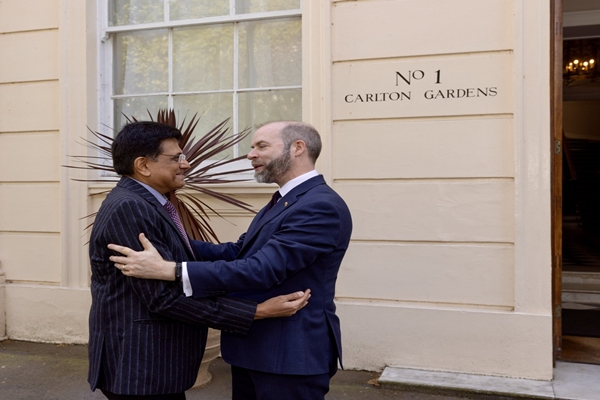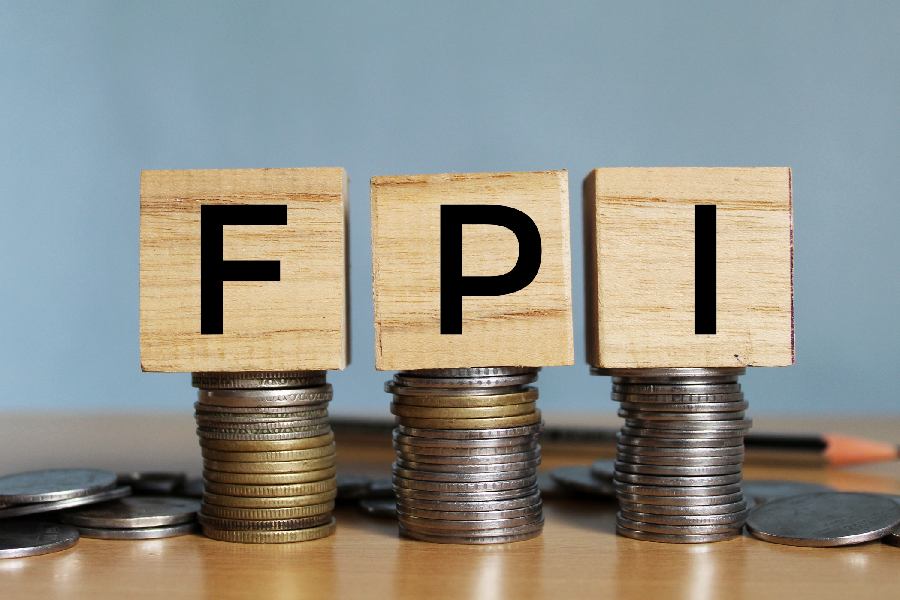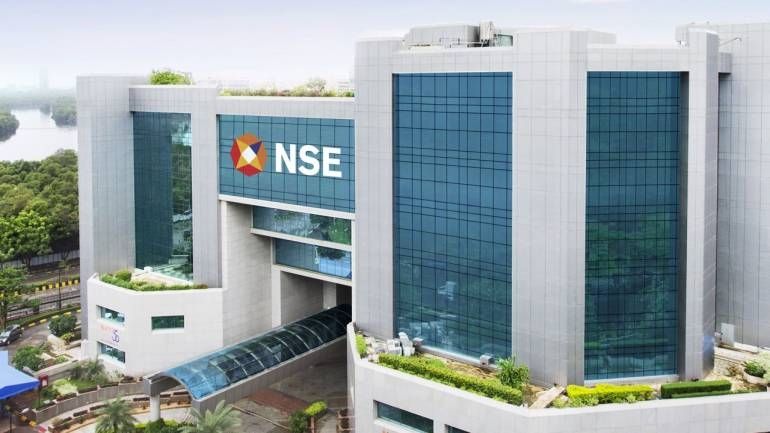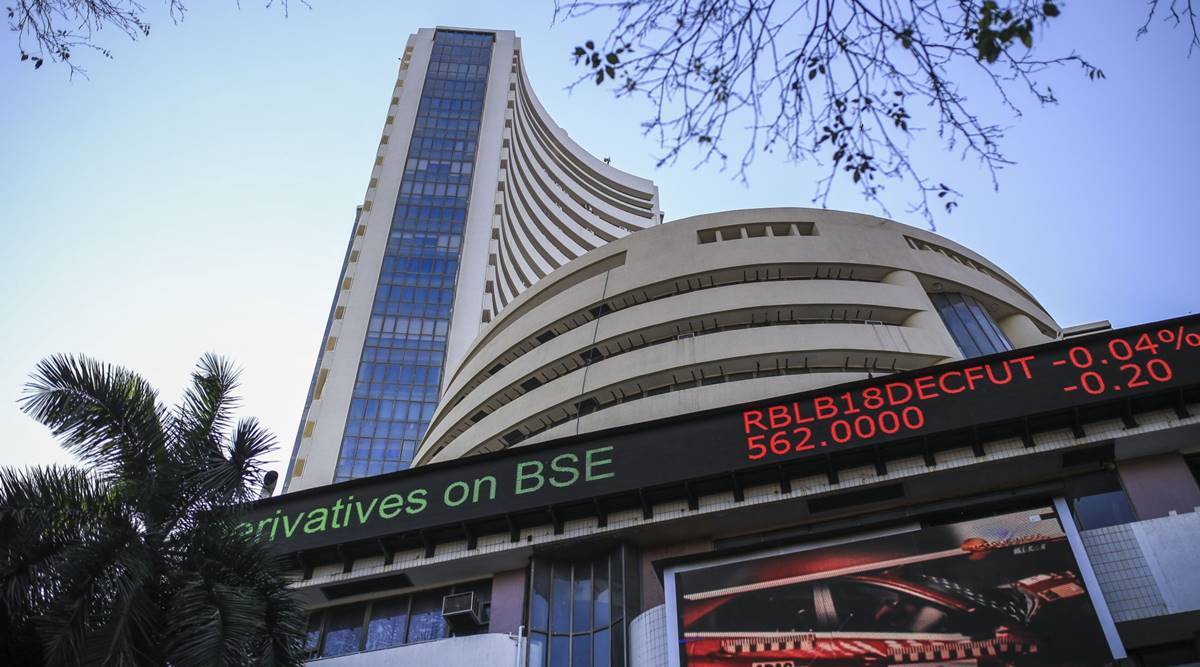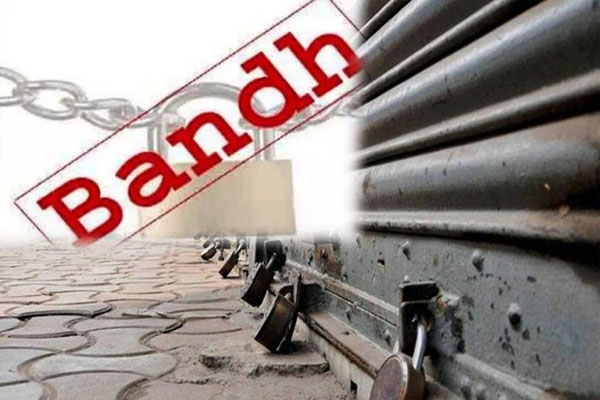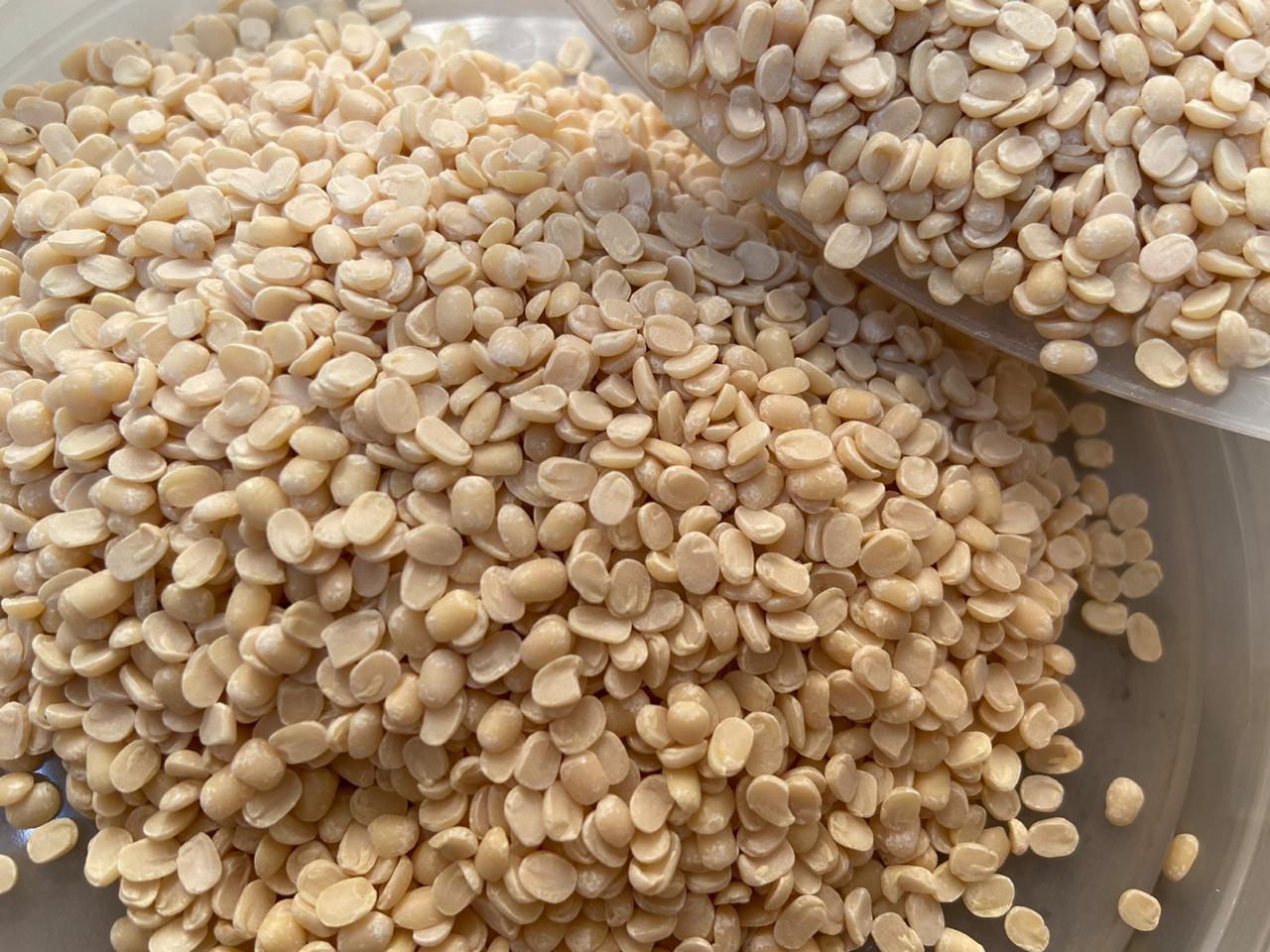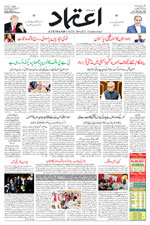GDP will bounce back sharply: Urjit Patel
Fri 17 Feb 2017, 13:10:27
Reserve Bank Governor Urjit Patel today said India's economic growth will make a "sharp V" recovery following the recall of old 500 and 1,000 rupee notes. Patel also made a strong case for continuing with globalisation even in the face of a potential shift to trade protectionism under US President Donald Trump as India has benefited from open trade.
"Almost everyone agrees that the impact is going to be a sharp 'V', that we would have a downgrade of growth for a short period of time," he told CNBC-TV18 in an interview. "However, the remonetisation has happened at a fast pace and that was part of the plan." RBI last week lowered economic growth for the current fiscal to 6.9 per cent from the previously projected 7.1 per cent, but saw it bouncing back in a big way to 7.4 per cent in 2017-18.
He said the benefit of junking 86 per cent of currency in circulation will take time to fully play out and needs more work to ensure they are lasting. Asked when India could achieve 9 per cent GDP growth, he said it is difficult to predict sustainable growth rates. Higher growth rate is possible if very fundamental reforms, especially in factors of production like land and labour, are undertaken, the Governor said.
"Now how much higher than 7.5 that we are achieving so far is difficult to say. But the fact is we need to grow at some point faster than we are now," he said. "I think 7.5 per cent growth rate is not something to be disappointed about." The six-member monetary policy committee (MPC) headed by Patel had last week kept interest rates unchanged at 6.25 per cent for the second straight meeting and changed policy stance to 'neutral' from 'accommodative'.
The change in stance, he said, gives more flexibility to cut, raise or hold rates as compared with an accommodative one on inflation outlook. "The best way that central bank can support growth on a durable basis is to ensure inflation is low, stable, there is financial stability and that is the role the central bank plays. Very few countries grow at high growth rate if inflation is high and volatile. So, I think we are doing our bit to support higher growth rate, but on a durable basis," he said.
The RBI Governor expressed concern over the US moving towards protectionism under Trump. "I think it is a cause of concern for the world, I think it is a cause of concern for the emerging markets in terms of creating financial volatility. I don't think anyone will be safeguarded from it. We have to manage this as it plays out," he said.
To face the changing world order, there are certain things in India's control like following sound macroeconomic stability rules, Patel said, adding that "I think we are at a good place with respect to that".
"We had a budget where fiscal deficit has been reduced, we have a central bank which has a mandate for flexible inflation targeting. We have reserves which are at over 360 billion dollars and we have a current account deficit (CAD) that continues to be
modest. So, we need to look after these attributes of macro economic stability and that will allow us to withstand some of these sources of turbulence that may come from a wider world," he said.
modest. So, we need to look after these attributes of macro economic stability and that will allow us to withstand some of these sources of turbulence that may come from a wider world," he said.
On protectionism under the Trump administration, he felt that India has sustained opening up of its economy since 1990s. "And I don't think that we should change our stance in any way because we do benefit from an open trade regime. I think India's policy that openness of trade should be carried through a multilateral process is the right one," the RBI chief maintained. He added that there is likelihood of reaction from other economies to what the US does and "it could get messy."
"Hopefully, wiser heads will prevail and we won't go down that road, but I think it is important that we should be on the side of keeping borders open with respect to trade and factors of production (land and labour)," the Governor suggested. Expressing concern about a potential shift to trade protectionism under Trump, he said, "We are at an important juncture and the possibility of negative consequences for countries around the world are a possibility."
"Asia may come in for special treatment because almost two-thirds of the US trade deficit in goods are with respect to Asia. We just have to see how things evolve in terms of tangible policy changes which the US government so far seems to be fairly determined to carry through," he said. Also, hardening of some global commodity prices and "lack of a consistent policy enunciation from major economies is the main source of volatility".
"I think hardening of some of the internationally traded commodities is something that we need to be worried about because it feeds into inflation," he said. Most analysts, he said, expect the world to grow faster in 2017 then in 2016, which is good news.
"The change in policies from the largest economy in the world, US, is something that the world will have to start getting used to because it is a major change in terms of openness to trade, in terms of trade barriers, in terms of the kind of fiscal policy that the new government may undertake which against a backdrop of tightening monetary policy stance by the US Fed has a real possibility of financial volatility, going forward," Patel said.
He hoped that uncertainties may get resolved once policies are actually implemented. On fallout of US Fed interest rate hike, Patel said the US Fed had indicated in December that there would be two, possibly three hikes in 2017.
"So, that is already priced in and given that financial markets are forward looking from that source alone and I would expect, I would underline the word expect, that the repercussions may not be that much as compared to when Fed increased the interest rate in December and issued a hawkish statement. I think that was the news. I think subsequent to that, the Fed views on what it is going to do in 2017 have been fairly consistent," he said.
No Comments For This Post, Be first to write a Comment.
Most viewed from Business
AIMIM News
Latest Urdu News
Most Viewed
May 26, 2020
Which Cricket team will win the IPL 2025 trophy?
Latest Videos View All
Like Us
Home
About Us
Advertise With Us
All Polls
Epaper Archives
Privacy Policy
Contact Us
Download Etemaad App
© 2025 Etemaad Daily News, All Rights Reserved.

